Why was Lai Changxing able to escape successfully? It is inseparable from the involvement of a high-ranking official. (Video screenshot)
[People News] Recently, Chinese Communist Party (CCP) leader Xi Jinping reiterated that “there are no ‘Iron-Cap Princes,’” drawing attention both domestically and abroad.
At the fourth plenary session of the Central Commission for Discipline Inspection (CCDI) on January 6, Xi stated, “No matter how high-ranking an official is or how much they have contributed, if they engage in corruption, they will be punished without mercy.” Xi further emphasized, “There are no ‘pardons written in cinnabar,’ no ‘Iron-Cap Princes,’ and no so-called ‘safety boxes.’”
It has been 10 years since Xi first declared “there are no ‘Iron-Cap Princes’” on February 2, 2015. After a decade of his anti-corruption and anti-tiger campaigns, why is Xi bringing it up again now? Some commentators speculate that Xi may be preparing to go after another “big tiger.”
Shortly after Xi’s speech, rumors began circulating in overseas media that former Politburo Standing Committee member and chairman of the Chinese People’s Political Consultative Conference (CPPCC), Jia Qinglin, was under investigation.
Independent commentator Cai Shenkun posted on social media platform X on February 4, stating that he had frequently received tips from China before the Lunar New Year. He claimed there was credible information indicating that Jia Qinglin and his family, who have close ties to Xi, were being investigated by a certain agency.
Other social media users also reported that Jia had been taken away for questioning by the CCDI for two or three days before being released just before the New Year. However, they were skeptical of the information’s accuracy and hesitated to post it.
Speaking of Jia Qinglin, I am reminded of a major case during his tenure as the top official in Fujian Province—the Xiamen Yuanhua smuggling case.
The Xiamen Yuanhua case was one of the largest smuggling and corruption cases in the CCP’s 50-year history, involving the highest monetary amount, the most officials, and the worst impact domestically and internationally. After the primary suspect, Lai Changxing, and more than 70 key figures fled overseas, it was confirmed that the criminal group had smuggled goods worth 53 billion yuan and evaded taxes amounting to 30 billion yuan.
While the case has long been closed, one major unresolved mystery remains—the senior official within the CCP who leaked top-secret documents to Lai Changxing has not been brought to justice.
On April 20, 1999, central authorities issued a classified order to thoroughly investigate the Xiamen Yuanhua smuggling case, based on materials submitted by the CCDI and the General Administration of Customs. This document was undoubtedly “top-secret.” Strangely, Lai Changxing learned of the contents of the directive six days before the central investigation team leaders did.
Lai Changxing fled to Canada on August 13, 1999. From the time he learned of the central directive to his escape, he had ample time to destroy evidence and transfer assets.
The leader of the central April 20 task force was He Yong, then-vice secretary of the CCDI and minister of supervision. The deputy leaders were Mou Xinsheng, then-director of the General Administration of Customs, and Gan Yisheng, then-deputy minister of supervision. Incredibly, Lai Changxing knew about the directive six days before He Yong, Mou Xinsheng, and Gan Yisheng did.
This Fact Indicates: First, the leaker must have worked in the central core institution at the highest level of the CCP.
Second, the leaker is an extremely dangerous individual. If they could leak top-secret state information such as this, they could leak other core state secrets as well. Third, failing to promptly investigate and punish this leaker poses a significant threat. Fourth, the central investigation team should have taken this case very seriously and pursued it to the end.
The leaker was likely a deeply corrupt individual who accepted a huge bribe from Lai Changxing.
Who was the “relevant central leader” who issued the directive on the CCDI and General Administration of Customs reports?
Among those investigated in the Xiamen Yuanhua smuggling case was Ji Shengde. Ji was initially sentenced to death in the first trial, but his sentence was later commuted to life imprisonment upon appeal.
Who was Ji Shengde? He was the son of Ji Pengfei, a former Chinese Foreign Minister, Minister of the CCP’s International Liaison Department, and Vice Premier and Secretary-General of the State Council. Prior to his arrest, Ji Shengde served as Deputy Director of the Intelligence Department of the General Staff Department of the People’s Liberation Army (PLA), holding the rank of Major General.
In other words, Ji Shengde was the son of a CCP elder, a senior PLA officer, and a key figure in military intelligence. Investigating Ji Shengde would not have been possible without the approval of Jiang Zemin, who was then the CCP General Secretary, President of China, and Chairman of the Central Military Commission.
Therefore, it is highly likely that Jiang Zemin was one of the “central leaders” who issued the directive on the CCDI and Customs reports. This directive, bearing Jiang Zemin’s signature, would have been classified as a top-secret document.
According to Article 14 of the CCP’s Secrecy Law, “Top-secret state secrets are the most critical state secrets, and their disclosure would cause particularly severe damage to national security and interests.”
However, the top-secret document bearing Jiang Zemin’s directive to “thoroughly investigate the Xiamen Yuanhua smuggling case” was seen by Lai Changxing six days before He Yong, Mou Xinsheng, and Gan Yisheng—the heads of the central April 20 task force—received it.
So, who leaked Jiang Zemin’s directive to Lai Changxing?
A reasonable assumption would be that the leaker was either Jiang Zemin himself or one of his staff members.
Overseas reports suggest that the person who tipped off Lai Changxing may have been Jia Ting’an, Jiang Zemin’s secretary and Director of Jiang’s Office at the time.
On February 24, 2001, Canadian author Sheng Xue interviewed Lai Changxing in Vancouver Men’s Prison and asked, “Were you close to Jiang Zemin’s secretary? How many secretaries did he have?”
Lai Changxing replied, “Five. I was familiar with three of them. One was Jia Ting’an (Director of Jiang Zemin’s Office), who handled documents for him. Another was a young man, nicknamed Xiao A, who was handsome and served as a security guard. Then there was Xiao B, who guarded Jiang’s residence. I was familiar with all three. Otherwise, how would I have known they were going after (Vice Minister of Public Security) Li Jizhou? I told Li Jizhou, but he didn’t believe me. I heard things no one else could hear. I often visited Jiang Zemin’s home. Jia Ting’an was Jiang’s chief secretary, and I often chatted with him.”
After Lai Changxing fled to Canada, the CCP authorities negotiated with Canada for 12 years to have him extradited.
On July 23, 2011, Lai Changxing was extradited back to China. On May 18, 2012, Lai was sentenced to life imprisonment by the Xiamen Intermediate People’s Court. As of today, Lai Changxing has been serving his sentence in a Chinese prison for 14 years.
At the time, while Lai was in Canada, investigating the individual who leaked top-secret documents to him from within the highest echelons of the CCP may have been difficult. However, since Lai was repatriated to China long ago, the Xi Jinping administration could summon him for interrogation at any time if they wanted to investigate the matter.
Yet, despite Xi’s frequent tough rhetoric on anti-corruption and his ongoing campaign to target corrupt officials, he has never investigated or prosecuted the “big tiger” within the highest levels of the CCP who leaked top-secret documents to Lai Changxing.
Why has Xi never investigated this “big tiger” hidden at the top of the CCP hierarchy?
The answer is simple: Xi’s anti-corruption campaign is not genuinely about rooting out corruption—it is a tool for power struggles. Xi only orders investigations when he perceives that a high-ranking official poses a threat to his authority. Otherwise, he refrains from doing so.
(Source: Dajiyuan)

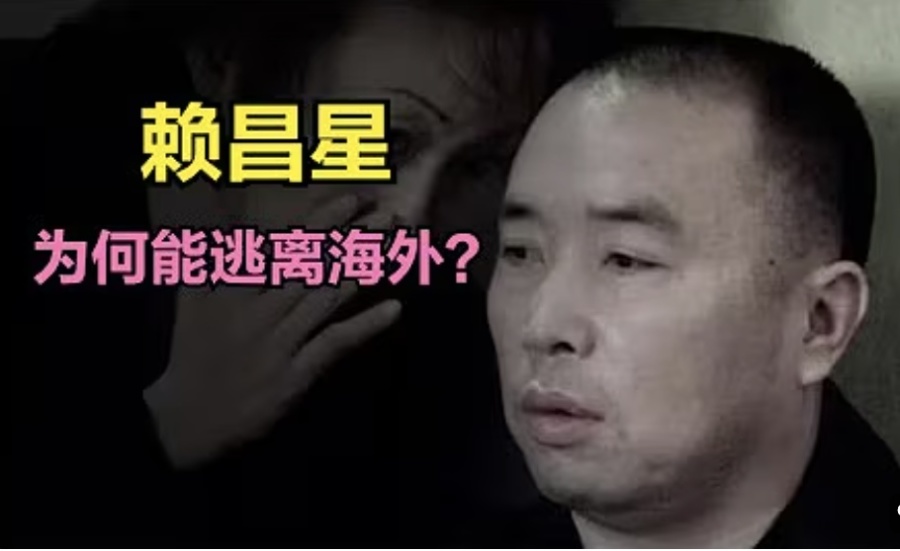


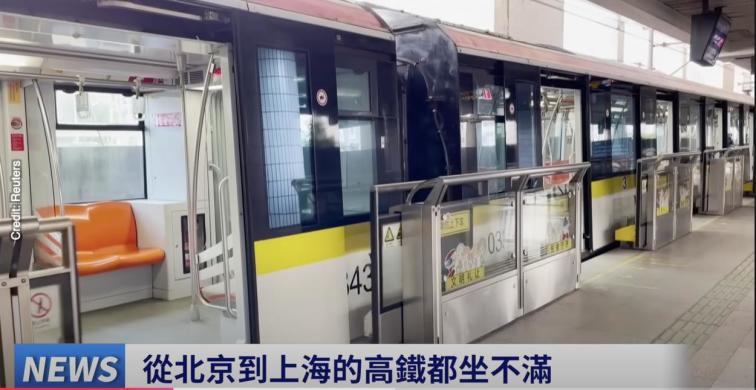
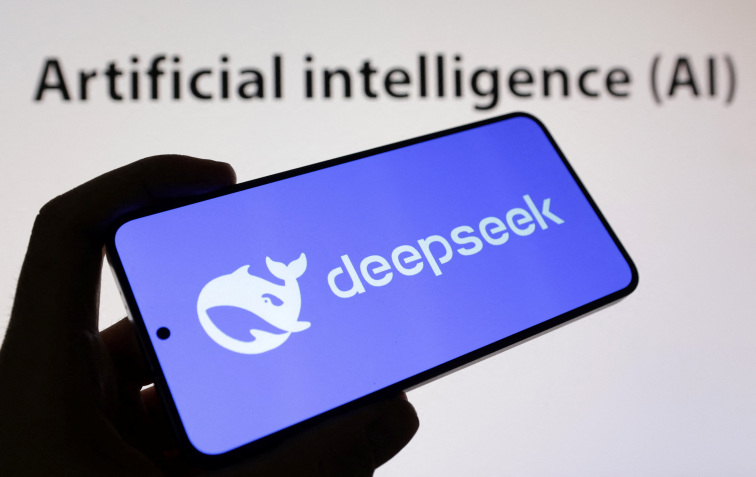

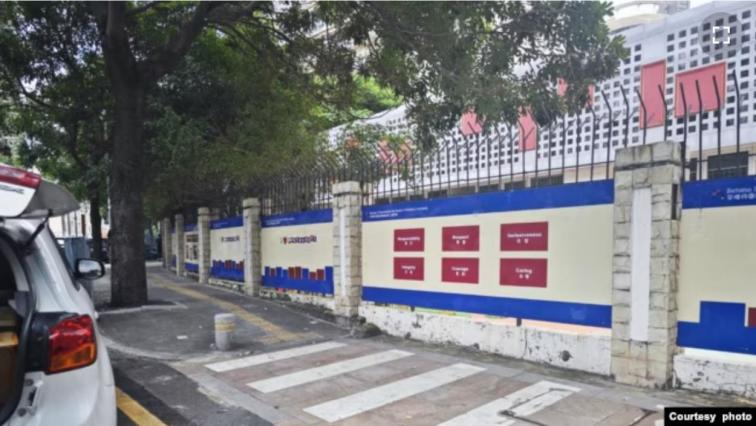

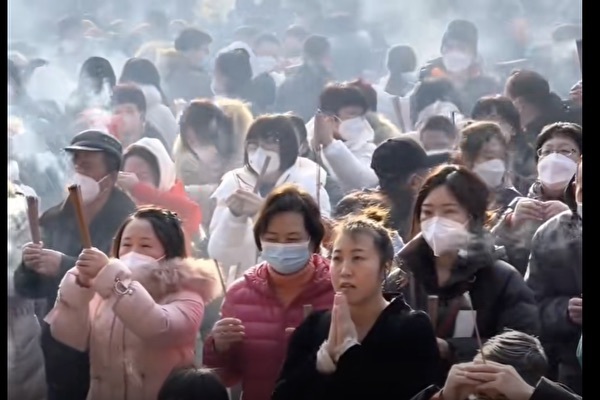

News magazine bootstrap themes!
I like this themes, fast loading and look profesional
Thank you Carlos!
You're welcome!
Please support me with give positive rating!
Yes Sure!